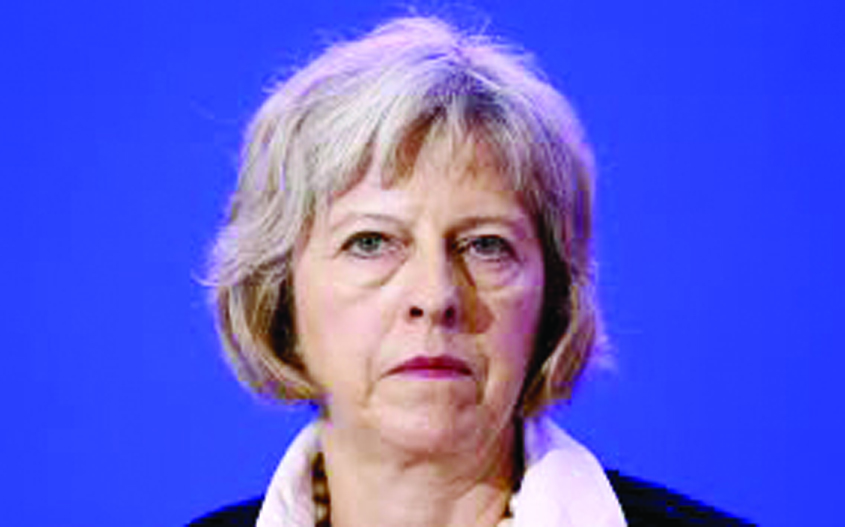Prime Minister Theresa May will fight the general election on 8 June, projecting her abilities as a capable leader to deliver Brexit negotiations with the EU and a global Britain beyond. While the country has accepted Brexit, Westminster has not. Labour has threatened to vote against the final agreement with the EU, the Liberal Democrats and the Lib Dem Lords have vowed a strong opposition. The alternative dreaded by the Tories is a fractured and unstable coalition between Jeremy Corbyn (Labour), Nicola Sturgeon (Scottish National Party) and Tim Farron (Liberal Democrats). This triumvirate would bring inexperience and incognizance about how to deliver Brexit, resulting in international uncertainty and very likely a fall in the pound.
This reporter mentioned in The Sunday Guardian in November last year that the stars were aligning to enable a general election. There was nothing “snap” about it. Mrs May is a greater strategist than people give her credit for. Political observers would have noted the signs. The polls are favourable, with voting intention at 48%. The selection of candidates began at the end of 2016 and candidates were undergoing selection in 44 seats by mid-February. The Tory party machine started ramping up at last year, with a slim-lining restructuring of Conservative Campaign Headquarters (CCGQ).
This month only, Party Chairman Patrick Mcloughlin and Chief Whip Gavin Williamson were privy to No. 10’s election plans; Philip Hammond, Boris Johnson and Amber Rudd were given only 48 hours’ notice. All May’s Brexit ministers will be in charge of their posts throughout the campaign. The Prime Minister has said that Brexit will not be delayed. Very likely negotiations will be done by the close of 2018, leaving the first months of 2019 to get parliamentary approval. Thus Britain is expected to be EU-free on 29 March 2019.
Commentators have suggested that the Crown Prosecution Service (CPS) investigation into election expenses and alleged false accounting may have triggered the election. If the CPS were to prosecute the 30 MPs and agents named, which could result in up to 30 byelections, this would have gambled a government majority of 17 at the moment, as many
Tory election rules and procedures are expected by the end of April. Unprecedentedly, it is known that CCHQ will be imposing candidates on constituency associations. Marginal, un-winnable and target seats will get a single candidate, whilst retirement seats will get a shortlist of 3. This is thought to be precipitated by the shortage of time, although it could be a masterstroke by the Antipodean maestro of political strategy, Sir Lynton Crosby, who has agreed to architect the campaign. Many are hoping May will seize the day to implement a radical manifesto of social reforms aimed at supporting ordinary working families and the “burning injustices” so close to May’s heart, of being born poor, black, working class, under-educated, under-skilled and underpaid.
In a new move, Labour has decided their National Executive Committee will directly select candidates and sitting Labour MPs will not be forced to apply for re-selection. This means that Momentum, the hard left activist organisation will not have any say.
The election was approved in Parliament by nearly 100 votes above the required 434. The SNP abstained—for Scotland the election will be all about Scottish independence all over again. In England, it will be a second EU referendum after the horse has bolted. Mrs May is depending on dissatisfied Conservative Remainers remaining Conservative to give her the mandate for national change she hopes for.

